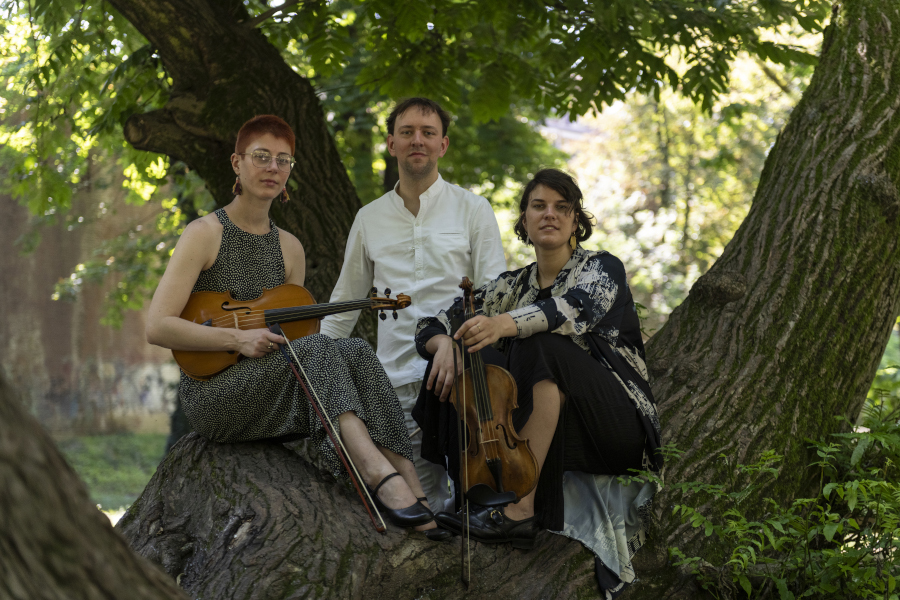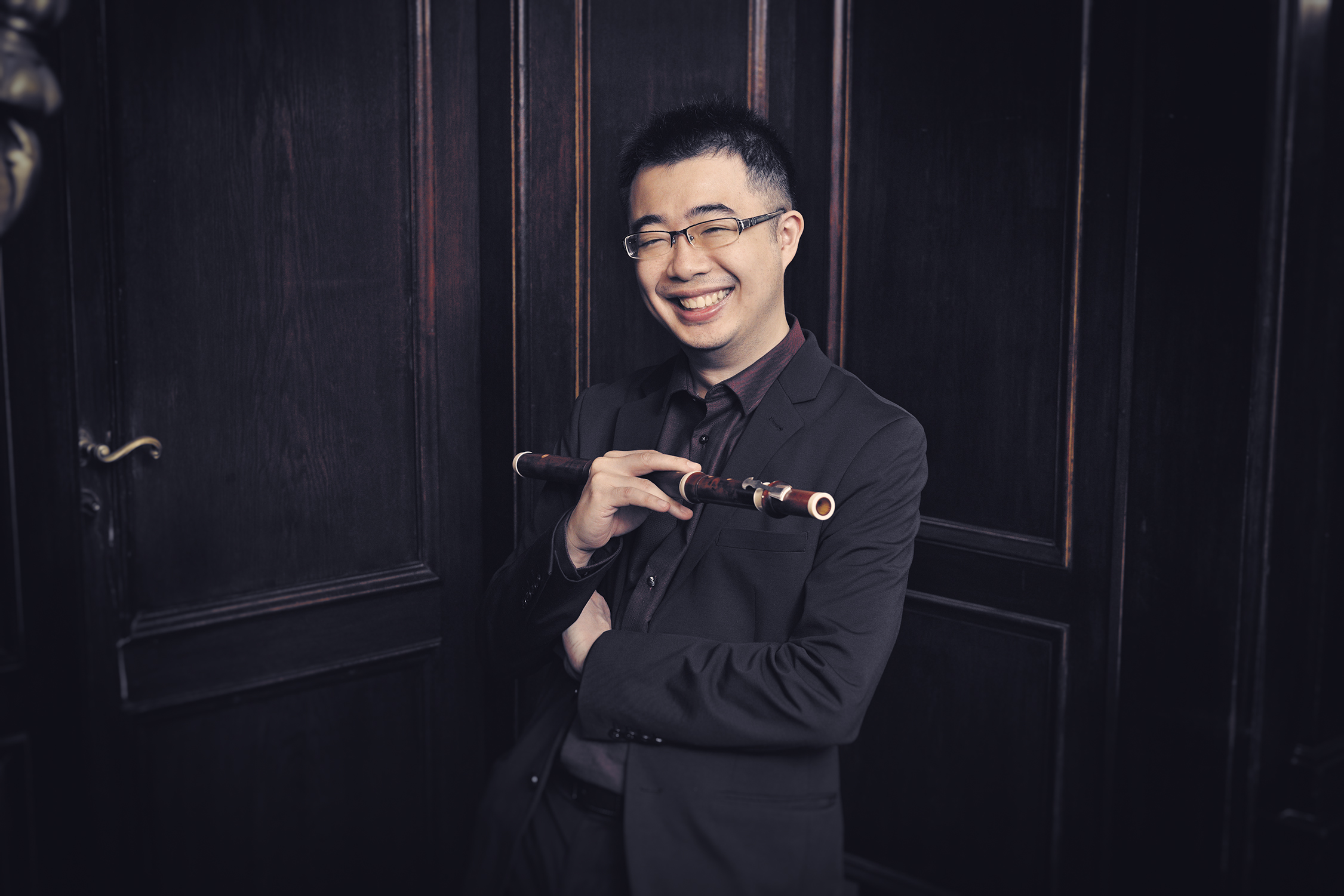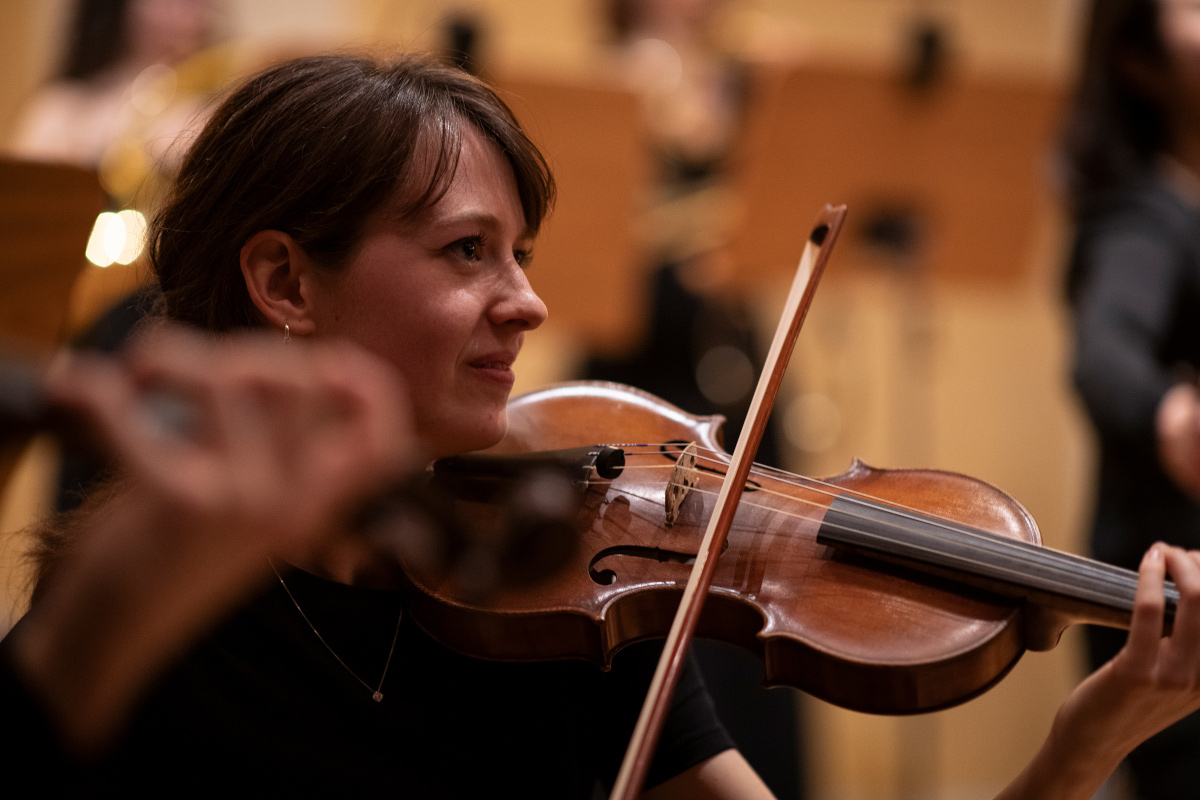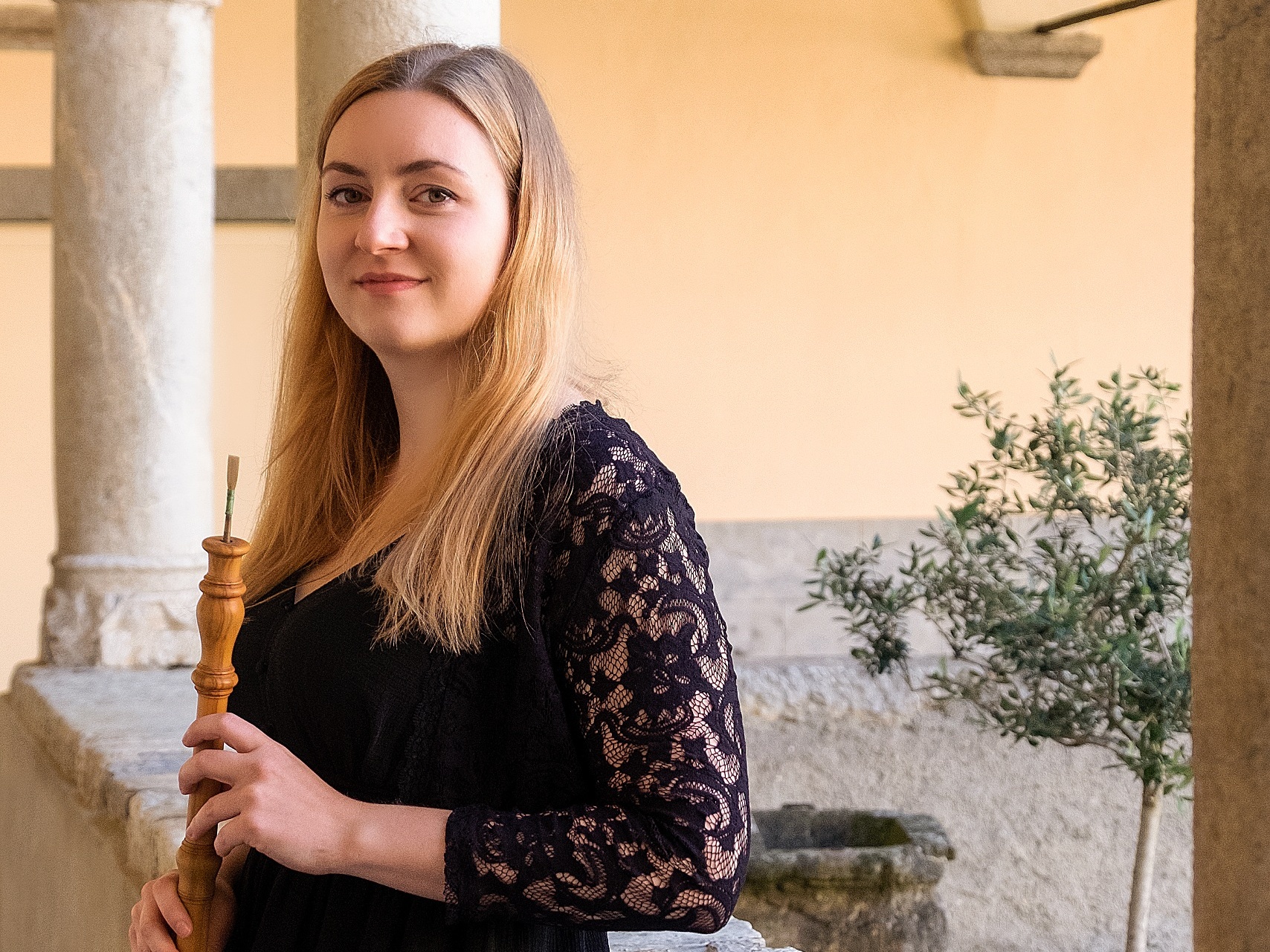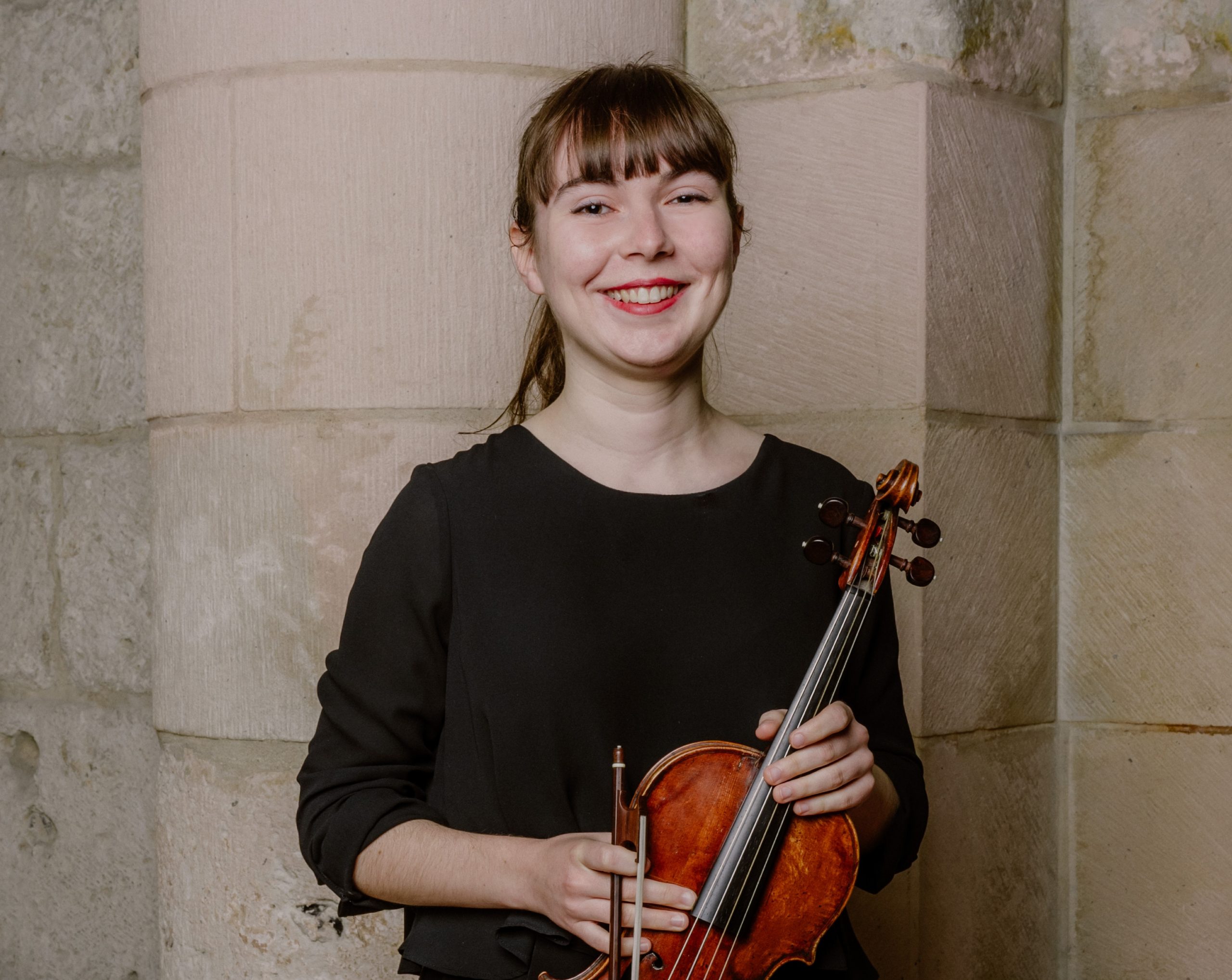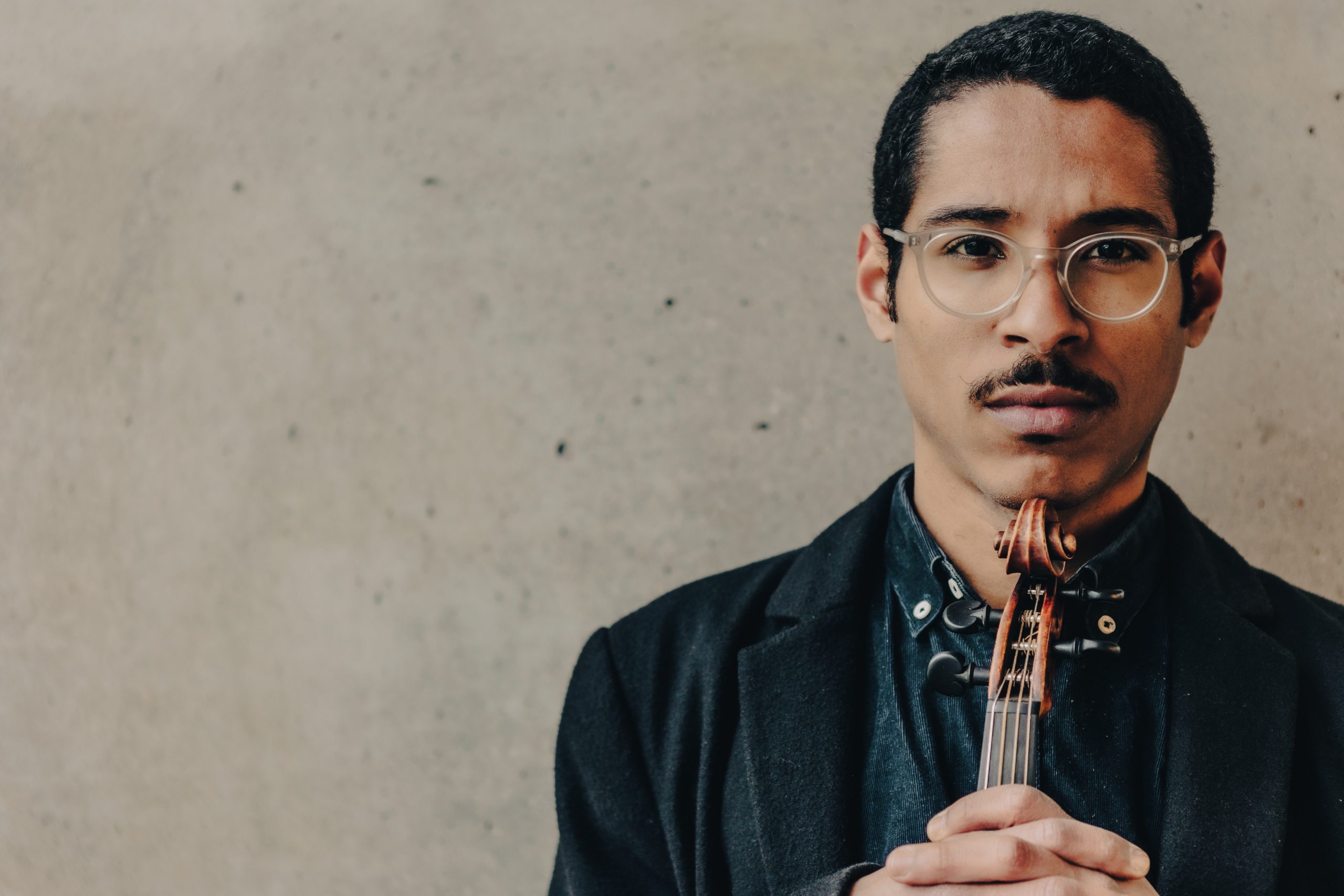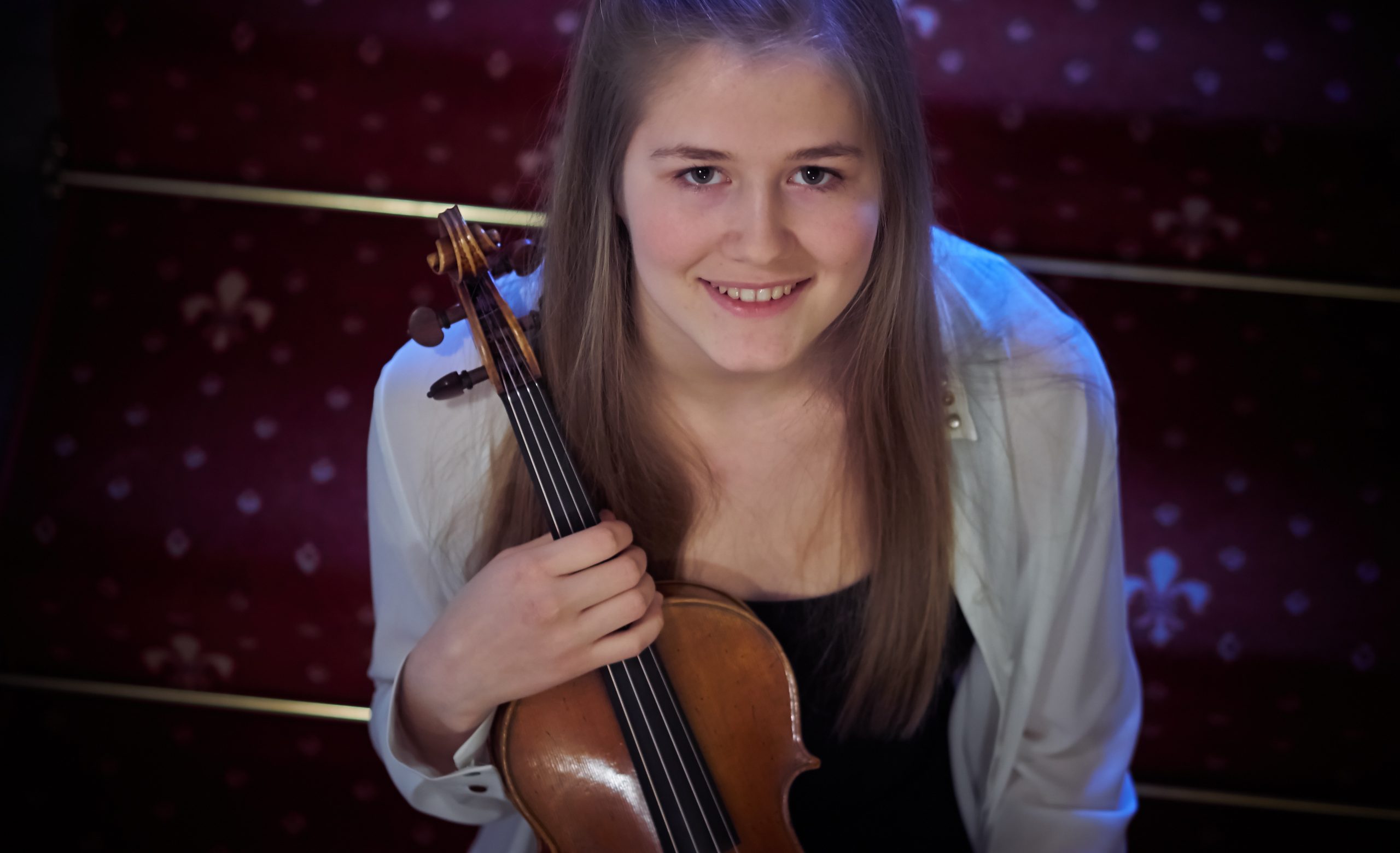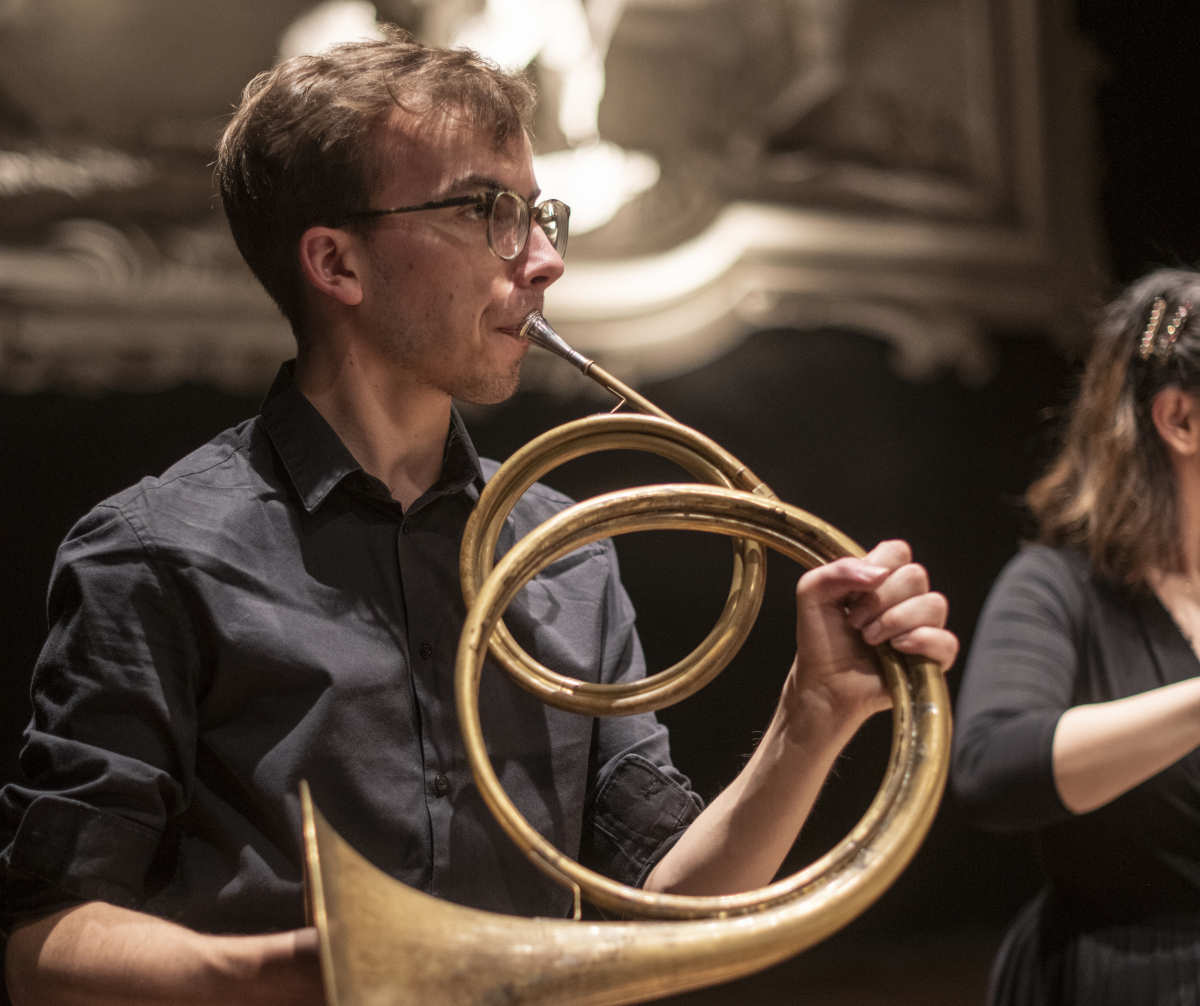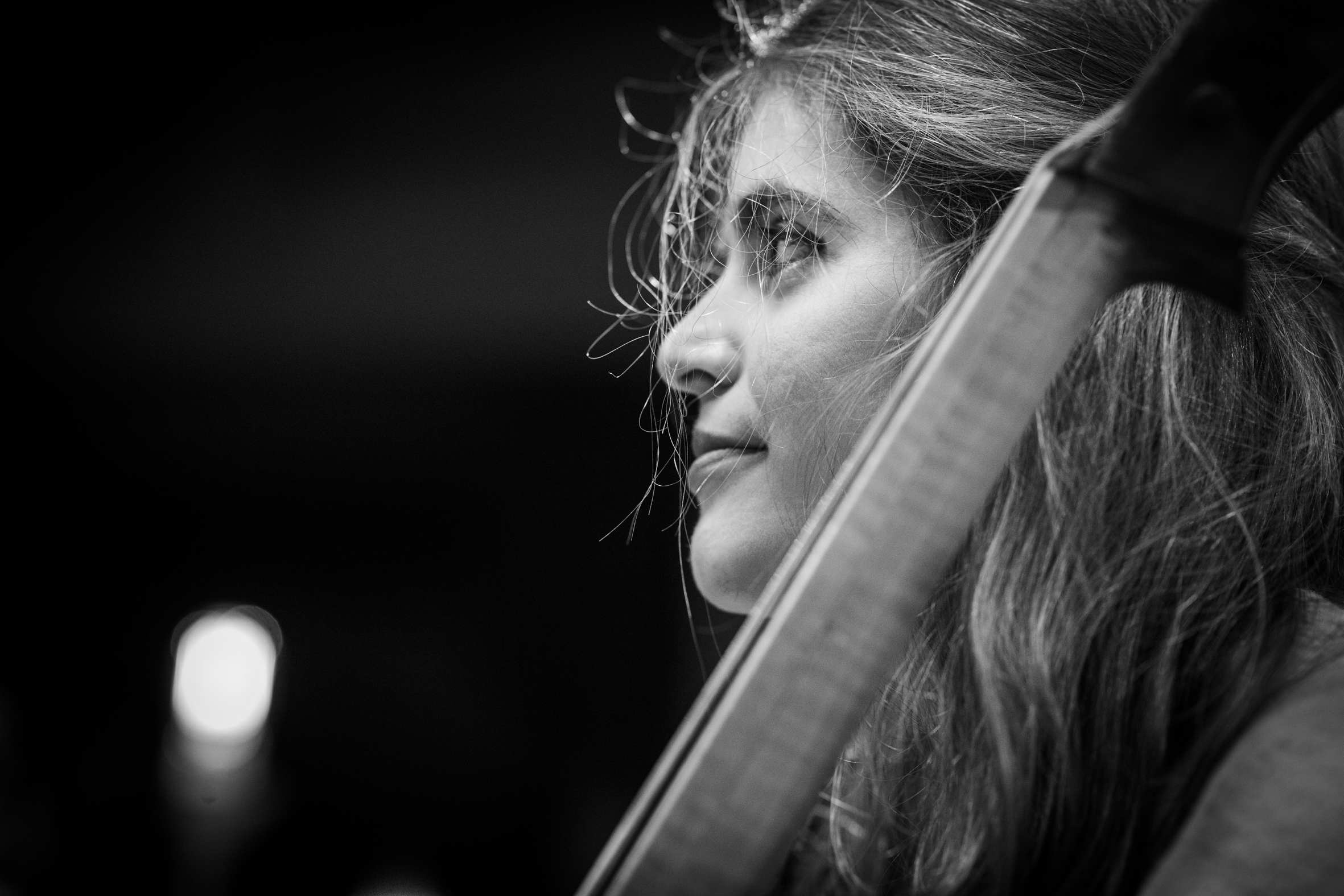Every year at this time, Theresia Orchestra sees a special transition as new ambassadors join its Ambassadorship Programme. This year, percussionist Jarick Bruinsma, violist Hannah Gardiner, and violinist Anna Freer step into this important role, continuing Theresia’s mission to promote Historically Informed Performance (HIP) and classical music across Europe. Let’s get to know them, explore their backgrounds, and discover what they hope to achieve during their ambassadorship.
Where are you from and where do you currently live?
Anna Freer: I’m from Australia, and I currently live in Zürich, Switzerland!
Hannah Gardiner: I’m from London, which is also where I live.
Jarick Bruinsma: I am from Hoogeveen, a city 60 km south of the city of Groningen in the north of The Netherlands, where I have been living since 2015.
How long have you been a member of Theresia?
Anna Freer: Only since January!
Hannah Gardiner: For about a year.
Jarick Bruinsma: Technically speaking, I am not a member of Theresia, but I have been invited to join two of Theresia’s projects this year. As far as I know, these are the only projects that include percussion this season, which means I will be part of all the projects involving percussion.
The first and latest Theresia project you participated in were…
Anna Freer: I’ve done one Theresia residency thus far – the Seven Last Words project with Alfredo Bernardini in March.
Hannah Gardiner: My first project was the Rossini opera in October. My most recent project was the Beethoven transcriptions in Geneva this July.
Jarick Bruinsma: The only project I participated in so far was Haydn’s Seven last words in March 2024.
Why did you want to become an Ambassador for Theresia?
Anna Freer: I thought it would be a good opportunity to develop my skills further in developing projects, with the support of the Theresia and European Commission’s network, as well as a chance to promote Classical and HIP music to audiences in new ways.
Hannah Gardiner: Because I am very committed to working with young people and increasing engagement with classical music.
Jarick Bruinsma: I offered to become an ambassador because I have been quite active as an organiser and facilitator of projects for a while already, so it seemed right up my ally. I also noticed the necessity of fulfilling the different-nationalities factor of the project, and the pool of not-yet-used nationalities looked slim, there had not been a Dutch ambassador yet, so I could fill that gap nicely.
What would you like to work on during your ambassadorship?
Anna Freer: I would like to work on community building and singing together, as well as singing and playing instruments at the same time, two historical practices that have sadly been lost!
Hannah Gardiner: I would like to explore the potential benefits of music making and creativity on mental health in teenagers.
Jarick Bruinsma: Mainly I want to address that music, just like many other things, can be a vessel to spread unity and understanding amongst humans from different backgrounds and with different beliefs and values. All by touching audiences and get them to reflect on whatever it is that could make them a better understanding and accepting human being.
The main objective of the Theresia Ambassadorship Programme is to introduce new audiences, especially young people, to the world of classical music and to the practice of Historically Informed Performance (HIP). Every years, three young musicians from nine different European countries embody and transmit the core values of classical music and its importance in their countries of origin.
Find out more on the official page!
